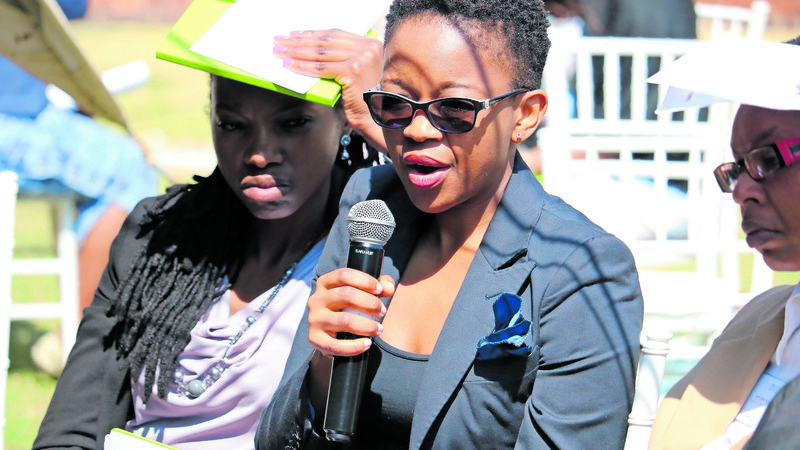
The GIBB
incubation programme to develop women entrepreneurs in the water sector is
bearing fruit, with three women-run small businesses already benefitting from
the programme to unlock skills and opportunities in this under-developed
sector.
Among the early
beneficiaries of the GIBB incubation programme are women-owned enterprises
Prana Consulting, MIH Projects, and Nzuza Architects.
Providing
support to upskill female entrepreneurs in the water sector is a priority for
GIBB, a multi-disciplinary engineering consulting firm, in terms of its
memorandum of understanding with the South African Water Research Commission
(WRC).
The memorandum
is part of the Women in Water Incubation Programme launched by the Department
of Water and Sanitation, with the Water Research Commission (WRC) as
implementing agent.
“We are proud
to be part of this initiative,” said GIBB Group CEO Richard Vries. “We
need to draw more women-owned businesses into the business field, and this
incubation programme allows us to do that. By empowering these businesses, we
create partnerships that will benefit large and small organisations in the
sector.”
In terms of the
incubation programme, GIBB provides its Enterprise Development (ED) partners
with support to strengthen current and future suppliers in its value chain.
GIBB aims to instil 90 women in the programme – 45 in the entrepreneurship
incubator project and 45 in a mentorship project.
“The gap
analysis and guidance we received from GIBB on quality management processes has
been invaluable,” said Refilwe Lesufi of Prana Consulting. “ISO certification
is fundamental to gaining work on bigger projects. We’ve seen how committing to
ISO certification generates a company culture of doing things right.”
Through the
WRC, Lesufi’s company was invited to attend the Bill and Melinda Gates Foundation’s
“Reinvent the Toilet” Expo in Beijing recently, showcasing new innovations in
sanitation.
“Since the
expo, we are looking at finding hybrid sanitation solutions using local and
international technologies to suit our local conditions. Local manufacture of
some of these solutions could help boost employment, and make maintenance more
practical,” said Lesufi.
Vries said that
despite current moves towards SMME development, there was still room for more
political and practical will to really empower SMMEs to participate in the
sector.
“It will take
an active ongoing drive from politicians, the public and the private sector to
create enough relevant opportunities for small enterprise in the sector,” he
said.
More
information at www.gibb.co.za
More news
- REFRATECHNIK ASIA NEW ASSOCIATE CORPORATE MEMBER OF WCA
- PART 5: SA’S TRADE DILEMMA: A PODCAST DISCUSSION WITH DONALD MACKAY
- STATE-DRIVEN OPPORTUNITIES FOR SA CONSTRUCTION COMPANIES BUT MANAGING RISK IS A PRIORITY
- PART 4: SA’S TRADE DILEMMA: A PODCAST DISCUSSION WITH DONALD MACKAY
- CONCOR KICKS OFF OXFORD PARKS BLOCK 2A PHASE I PROJECT

